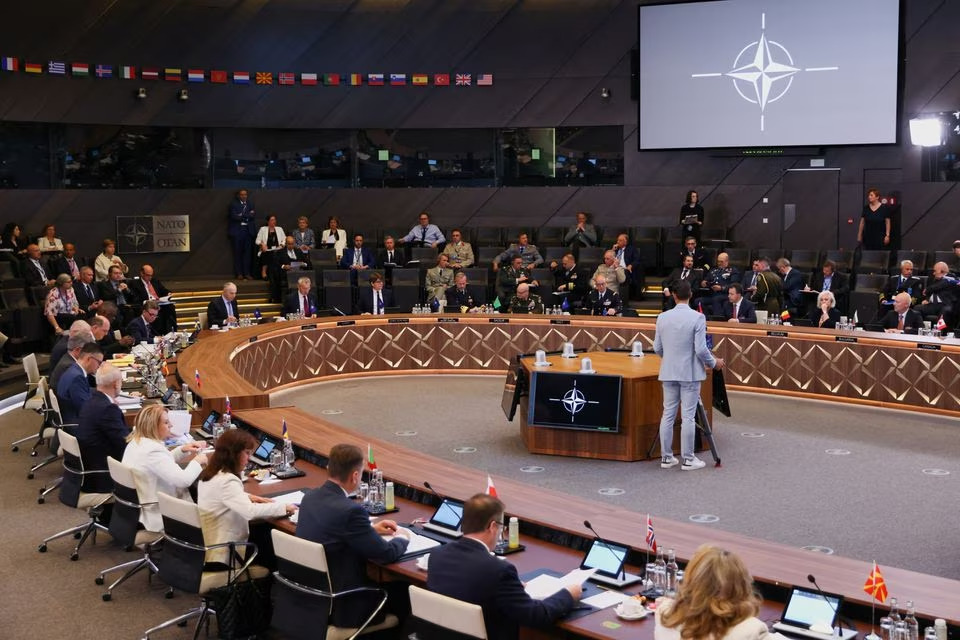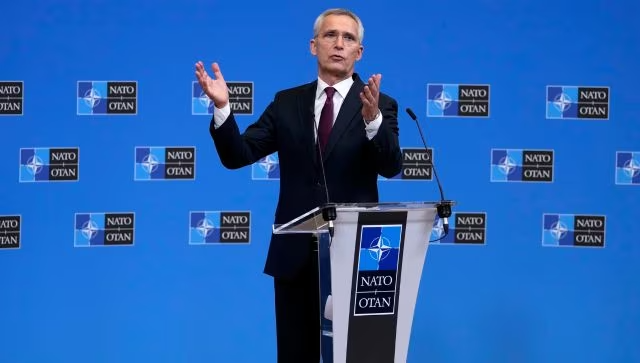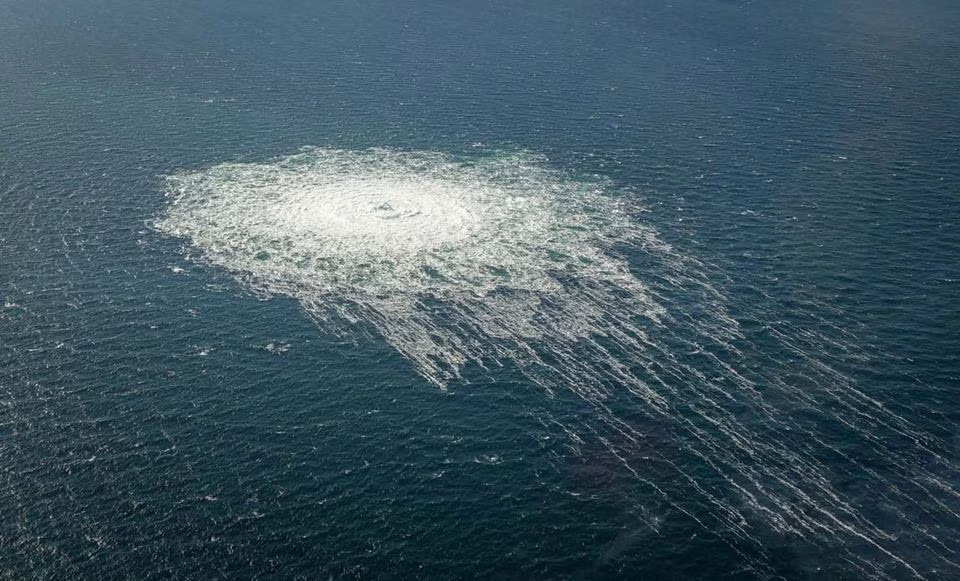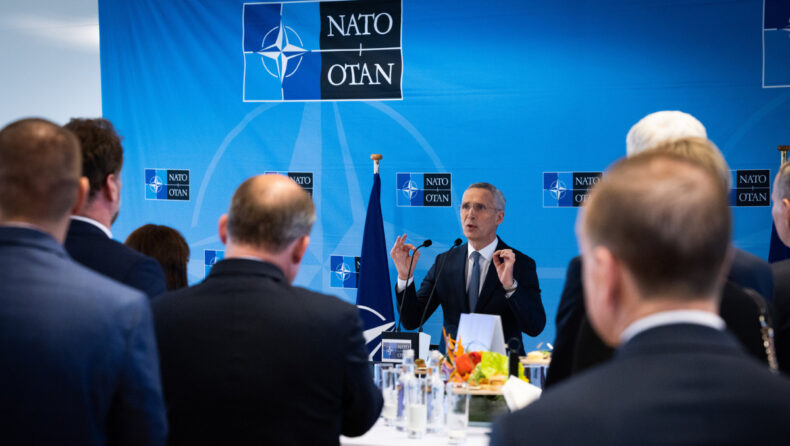NATO has established a new centre in an effort to protect the undersea infrastructure, including pipelines and data cables in the North and Baltic seas, amid mounting concern over threats of Russian sabotage. The latest development comes after Russia’s former President Dmitry Medvedev, a Putin ally, commented that there were no ‘moral limits’ for Russia not to destroy the undersea communication cables of the enemies.

Image credit: Reuters
Following the mysterious explosions of Nord Stream 1 and 2 pipelines in September 2022, the NATO allies are alarmed over the possibility of Russia mapping crucial Western underwater infrastructure around Europe. Lt. Gen. Hans-Werner Wiermann, who leads a special cell focusing on the challenge, has stated that Russian vessels have been extensively surveying our crucial underwater infrastructure.
In a meeting on Friday in Brussels, NATO defence ministers approved the plan for a “maritime centre for the security of critical underwater infrastructure”, said NATO’s Secretary General Jens Stoltenberg. Based at NATO’s navel headquarters in Northwood in London, the centre aims to create a new surveillance system to monitor parts of the Atlantic Ocean, some areas of the North Sea, the Baltic Sea, the Mediterranean Sea and the Black Sea.
Impossible for NATO to monitor the entire undersea infrastructure

Gen Jens Stoltenberg told reporters that constantly monitoring the 8000km long underwater infrastructure, including oil and gas pipelines and data systems, is unfeasible. Instead, the centre will focus on enhancing the collection and sharing of intelligence information and connecting the dots.
Due to the abundance of information available in the private sector, NATO allies will join with private sector actors to collect information regarding ship movements and maritime surveillance.
The focus of the centre
Due to the impracticality of surveillance over the entire infrastructure, the centre will focus on high-risk zones, like the pipelines in shallow waters that divers can easily access. The addition of extra cables can help reduce the potential harm caused to data cables.
The heightened need to protect Europe’s undersea assets has become the priority of NATO allies while the Russia-Ukraine war escalates. NATO intelligence chief in May has warned that Russia may sabotage critical infrastructure to sabotage Western life. Western countries plan to turn the North Sea into a green power engine. The latest NATO movement shows the resilience of Europe to stand against Russian aggression.
Russia urges UN Security Council on Nord Stream blast inquiry

Image credit: Reuters
With the West criticising Russia for an apparent attack on Nord Stream 1 and 2 in September 2022, the latter has outrightly denied any involvement in the attack and has urged the UN Security Council yesterday to conduct an international investigation into the explosions.
With NATO being more involved in the Russia-Ukraine war, the European NATO allies find it difficult to protect the energy sources and communication cables. Despite the ongoing worry about deliberate acts of sabotage, it is crucial to persist in fortifying the infrastructure and tackling any existing weaknesses. While on the other hand, the Russia-Ukraine war has entered a new stage with Vladimir Putin confirming that Russia has moved tactical nuclear weapons to Belarus. He has further warned NATO of “serious danger” if the alliance continue to supply military weapons to Kyiv.












